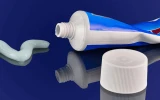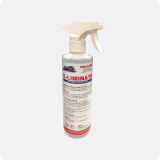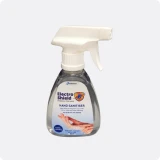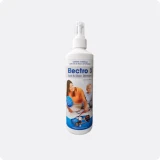6 Practical Steps to Protect Your Health
Published on Jul 6, 2021
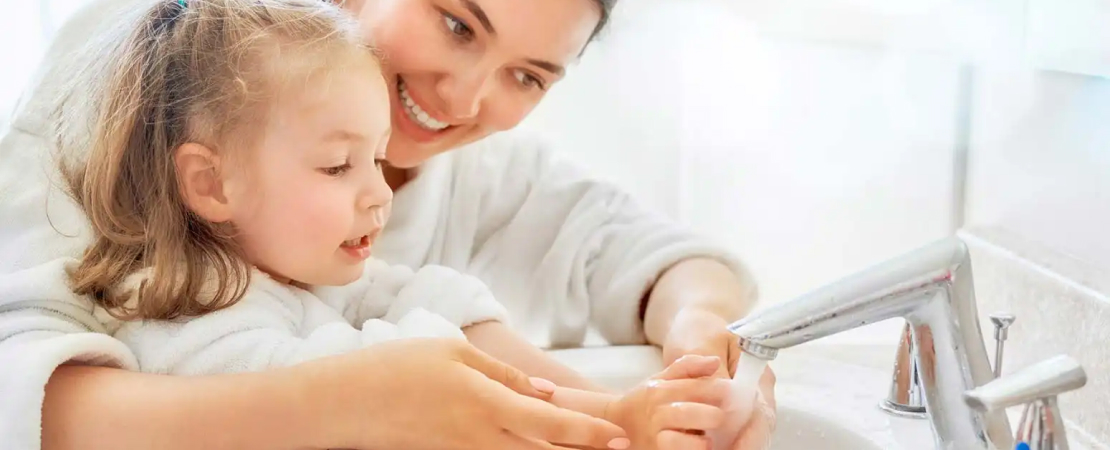
Recent COVID-19 outbreaks across Australia have many of us reaching for cleaning and sanitising products to illness-proof our homes.
Keeping a healthy house is always important, especially during the winter months.
These are six easy ways you can prevent the spread of sickness in your home.
1. Take Care Of Your Personal Hygiene
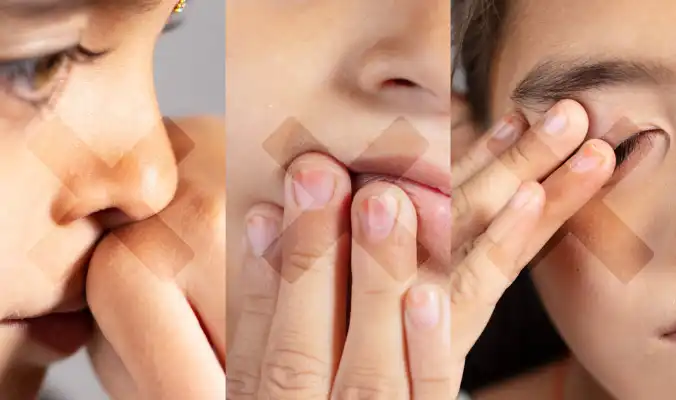
Avoid touching your face, eyes or mouth to reduce spreading germs that may be on your hands. A University of New South Wales study found that people touch their faces around 23 times an hour!
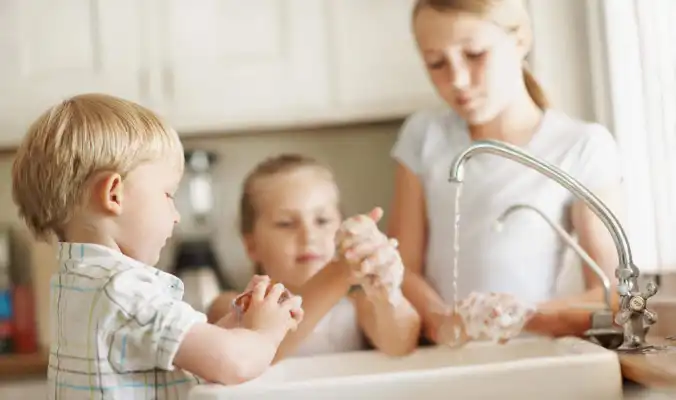
Handwashing remains one of the more effective ways to stop the spread of germs and bacteria. Wash your hands for 20 seconds using warm water and soap or use alcohol-based (at least 60%) hand sanitiser if you don’t have soap available.
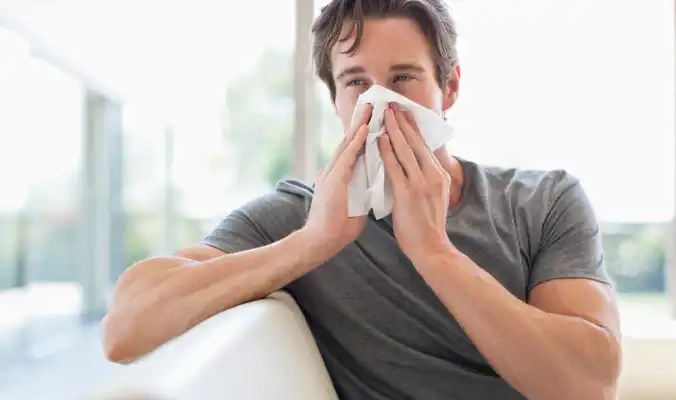
Cough or sneeze into your arm or a tissue. Keep at least one metre distance from someone coughing or sneezing to avoid particles.
Ensure that the hand towels at home are being washed regularly and if someone is unwell, assign them their own hand towel to use.
2. Clean Touch Points Often
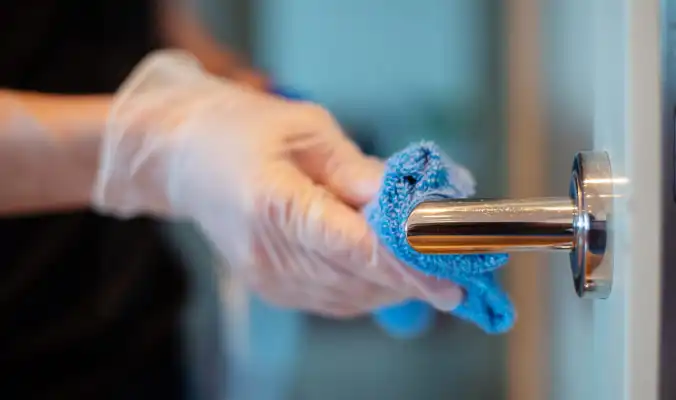
This is a great tip and one that makes so much sense.
When was the last time you wiped down a light switch? As something we touch often but rarely clean, light switches are one of many touchpoints in the home that should be getting disinfected regularly.
Grab a disinfectant wipe and scan your home for other touchpoints: things like doorknobs, computer keyboards, benches, staircase bannisters, remotes, fridge door handles, and phones.
3. Sanitise Your Home Effectively
We recommend that you regularly sanitise with a product proven to kill the N1H1 influenza virus. Products that do this well include:

These products will keep sanitising for a short period after the product has been applied. Most other sanitisers stop working as soon as they evaporate.
Natural home cleaning ingredients like lemon and vinegar are great for general cleaning and while effective on many types of germs and bacteria, they are not effective at treating viruses.
4. Wash Your Linens
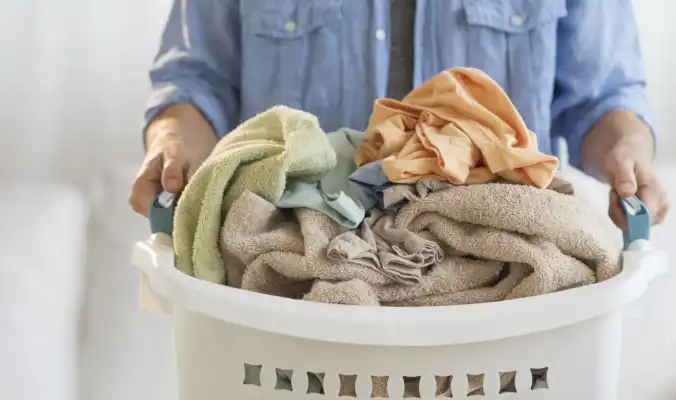
Most of us don’t wash our sheets and towels as often as we should. The Australia Talks 2021 Survey actually found that 18% of women and 24% of men only wash their sheets several times a year.
You should be washing your sheets fortnightly (more often during warmer months) and washing them if you’ve been unwell.
Bathroom towels should be washed every few uses.
5. Sanitise Your Screens
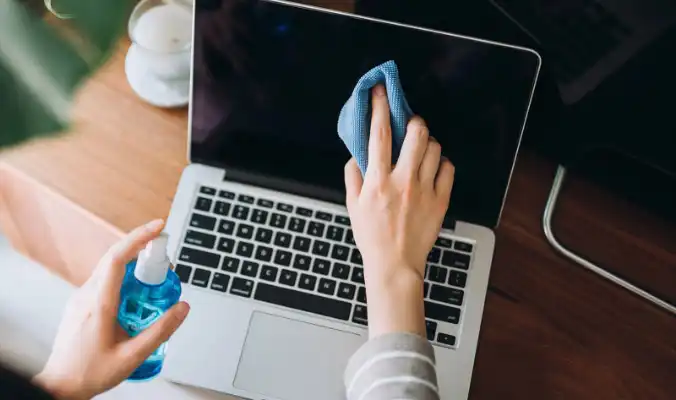
We’re never far away from our phones, tablets or laptops. With the amount of action they get, and with mobile phones so close to our faces, it makes sense to ensure they’re free of germs, too.
Use a small amount of isopropyl alcohol (40% Isocol to 60% water) and wipe your screen in gentle circles. Use a soft cloth or a micro-fibre cloth. Isocol will evaporate quickly (moisture may affect your phone) and will do a good job of disinfecting.
6. Keep the Car Clean
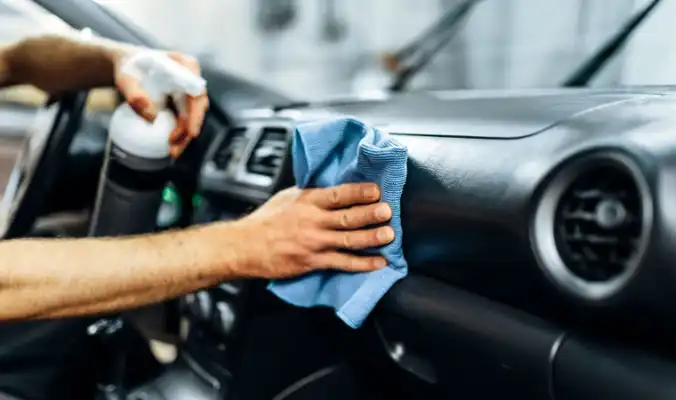
We spend a lot of time in our cars; keeping them disinfected should be a priority, too.
Give car door handles and surfaces including the steering wheel, dashboard, console and door interiors a clean regularly.
Keep disinfectant wipes in the car at all times and wipe everything down next time you’re waiting for the kids to finish soccer practice or at school pick up. This is an easy way to ensure your car is always healthy and hygienic.



